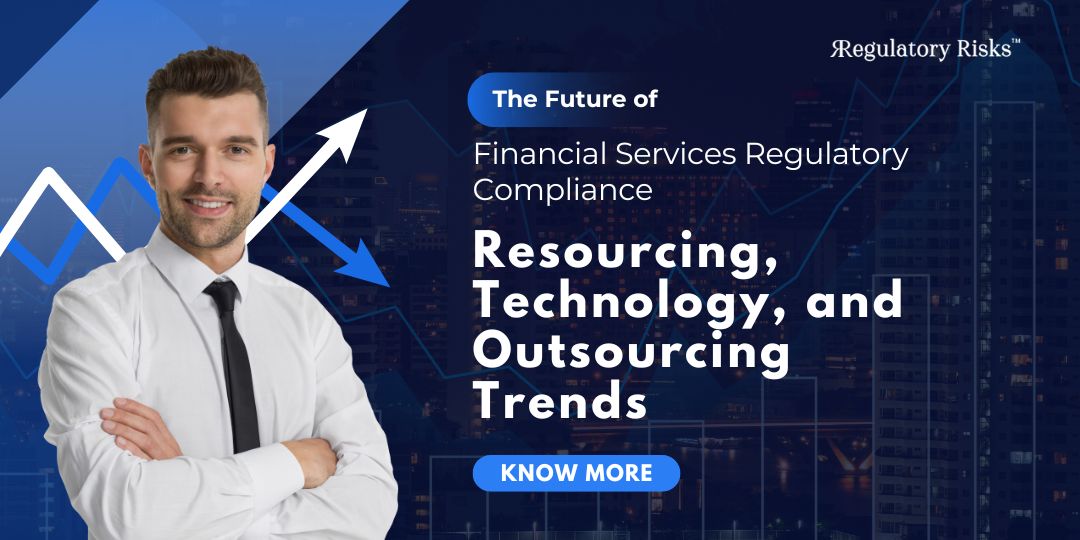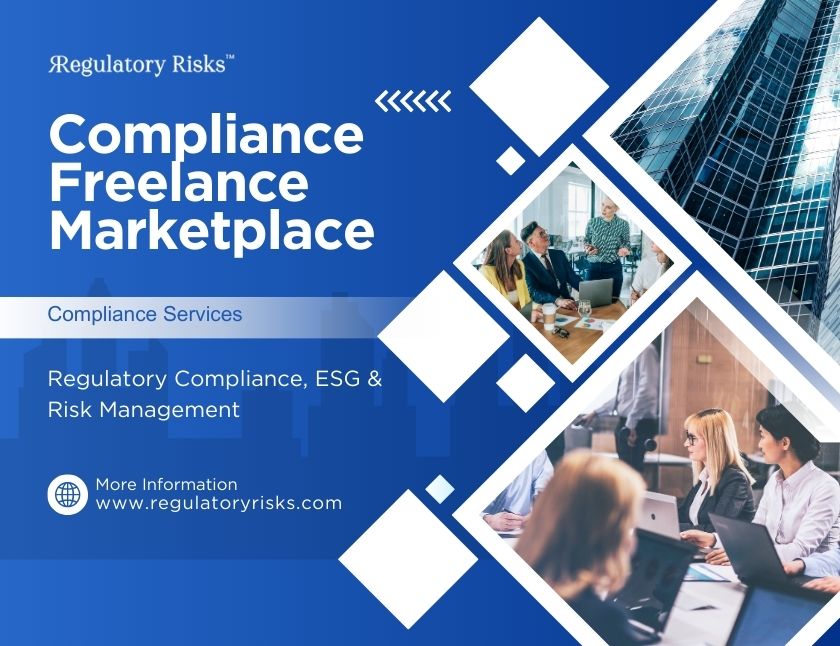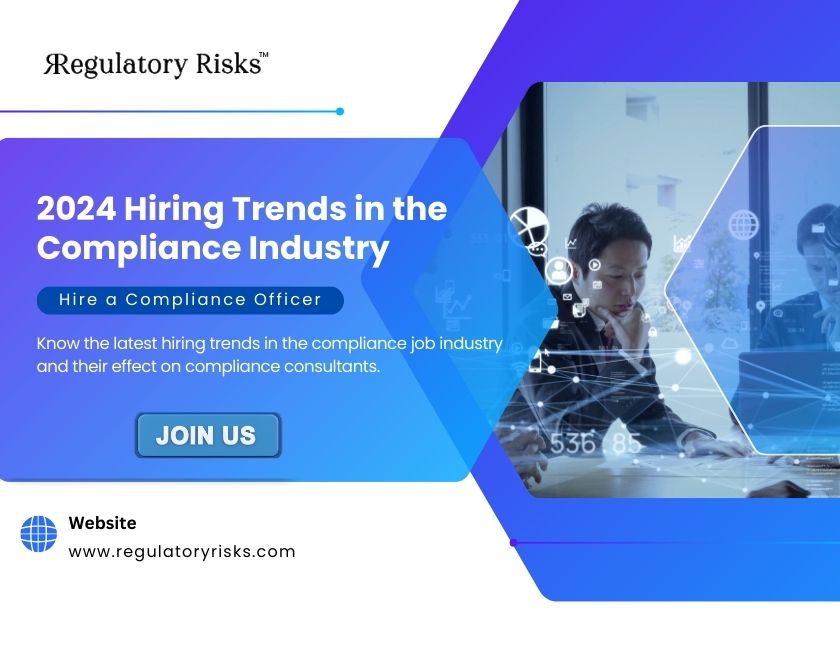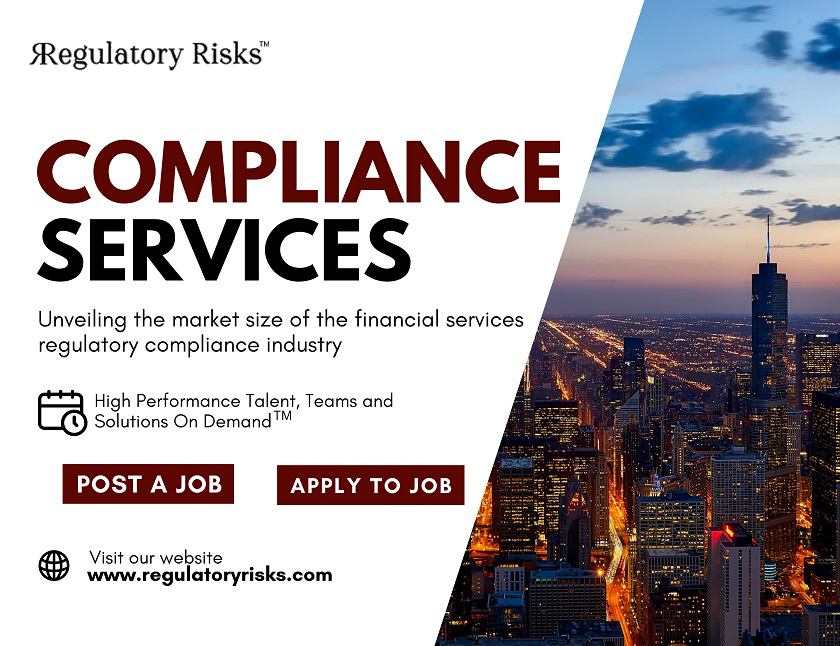In the fast-paced world of financial services, regulatory compliance, and financial crime prevention are more critical than ever. As regulations evolve, enforcement actions increase, and technological advancements reshape the industry, financial institutions face unprecedented challenges in ensuring compliance while maintaining operational efficiency. In this article, we'll explore the future of financial and regulatory compliance departments, focusing on resourcing structures, technology deployments, process enhancements, and the growing trend of outsourcing to compliance consultants for short-term contracts.
Resourcing Structure in Financial Services Compliance Departments
The future of Compliance Servicesresourcing for financial services organizations is expected to undergo significant transformations to meet the demands of an evolving regulatory landscape. Key trends include:
Specialized Skillsets: Begulatory compliance departmentswill increasingly require specialized skillsets in areas such as data analytics, artificial intelligence (AI), cybersecurity, and regulatory technology (RegTech) to effectively navigate complex regulations and emerging risks.
Cross-Functional Teams: Collaborative and cross-functional teams comprising the Chief Compliance Officer, data analysts, technologists, and legal experts will become the norm to address multifaceted compliance challenges and drive innovation.
Agile Structures: Agile resourcing structures, including flexible staffing models, rotational assignments, and project-based teams, will enable organizations to adapt quickly to changing regulatory requirements and business priorities.
Technology Deployments in Financial Services Compliance
Advancements in technology are poised to revolutionize financial services compliance, enabling organizations to enhance efficiency, accuracy, and effectiveness. Key technology deployments include:
Artificial Intelligence and Machine Learning: AI and machine learning algorithms will be leveraged to automate compliance tasks such as transaction monitoring, suspicious activity detection, and risk assessment, reducing manual effort and improving detection capabilities.
Regulatory Technology (RegTech): RegTech solutions and Regulatory Compliance Consultants will increasingly play a crucial role in streamlining compliance processes, managing regulatory change, and facilitating regulatory reporting by harnessing technologies such as blockchain, cloud computing, and big data analytics.
Data Analytics: Advanced data analytics tools and techniques will enable organizations to gain deeper insights into compliance risks, identify patterns and trends, and make data-driven decisions to enhance Compliance Services' from risk management consultants' effectiveness and efficiency.
Process Enhancements in Financial Services Compliance
Process enhancements will be key to driving operational excellence and agility in financial services compliance departments. Key areas for improvement include:
Automation and Workflow Orchestration: Automation technologies will be deployed to streamline compliance workflows, eliminate manual tasks, and ensure consistency and accuracy in compliance processes.
Enhanced Monitoring and Surveillance: Continuous monitoring and surveillance capabilities will be enhanced to detect and prevent financial crime activities in real time, leveraging AI-powered analytics and machine learning algorithms.
Risk-Based Approach: A risk-based approach to compliance management will be adopted to prioritize resources and efforts based on the level of risk exposure, enabling organizations to focus on areas of highest impact and significance.
Outsourcing to Compliance Consultants for Short-Term Contracts
In an increasingly complex and dynamic regulatory environment, financial institutions are turning to the Regulatory Compliance Consultants for specialized expertise and support on short-term contracts. Key benefits of outsourcing to regulatory compliance consultants include:
Specialized Expertise: Compliance consultants bring specialized knowledge and experience in specific areas of compliance, enabling organizations to address complex regulatory challenges and implement best practices effectively.
Flexibility and Scalability: Outsourcing to compliance consultants offers flexibility and scalability, allowing organizations to access additional resources and expertise as needed to meet regulatory deadlines and business requirements.
Cost-Effectiveness: When firms Hire a Compliance Officer on short-term contracts, it can be more cost-effective than maintaining a full-time in-house Compliance Services team, particularly for projects requiring specialized skills or temporary support.
Independent Assessment: Compliance consultants can provide an independent perspective and objective assessment of compliance programs, processes, and controls, helping organizations identify gaps and areas for improvement.
Conclusion: Embracing Innovation and Collaboration
In conclusion, the future of financial services regulatory compliance and risk management consultants will be characterized by innovation, collaboration, and agility. By adopting specialized resourcing structures, leveraging technology deployments, enhancing compliance processes, and hiring a compliance officer or compliance consultants for short-term contracts, financial institutions can navigate regulatory complexities, mitigate compliance risks, and drive sustainable compliance practices. Embracing innovation and collaboration in financial crime risk services will be essential for organizations to stay ahead of regulatory developments, protect against financial crime threats, and uphold trust and integrity in the financial system. Moreover, to secure a firm from financial risks, it is important to Hire a compliance officer or a financial crime compliance consultant.




